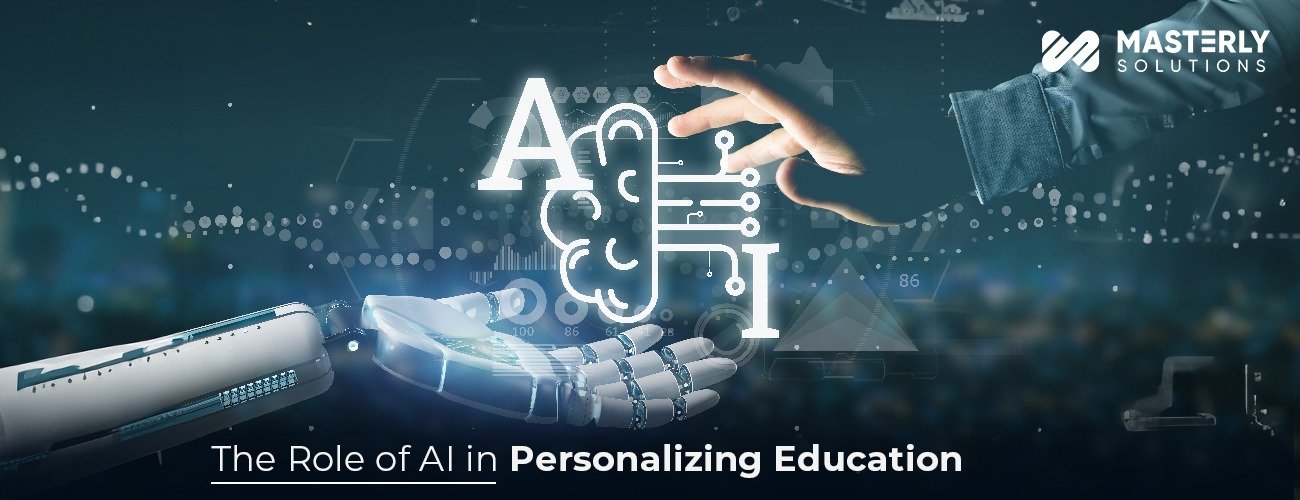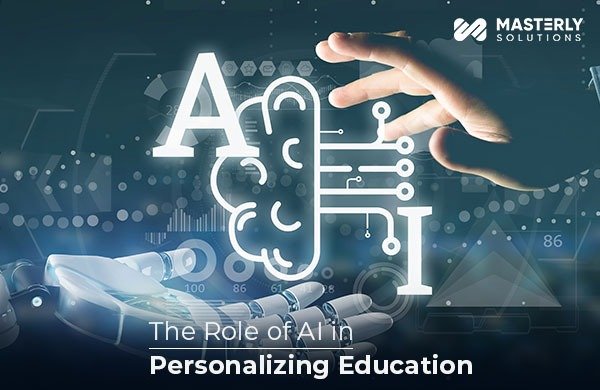
In an era where education is becoming increasingly dynamic, the quest for personalized learning experiences is paramount. Enter Artificial Intelligence (AI) – a revolutionary force poised to transform the educational landscape. AI is not just reshaping how we teach and learn; it’s redefining the boundaries of educational possibilities, making personalized learning a scalable reality.
Personalized Education: A Paradigm Shift
Personalized education tailors learning experiences to individual needs, abilities, and interests. This approach contrasts starkly with traditional one-size-fits-all methods, often leaving educators grappling with diverse classroom needs. AI steps in as a powerful ally, leveraging data and adaptive algorithms to customize learning at an unprecedented scale.
AI’s Multifaceted Role
AI’s influence in education is multifaceted. Adaptive learning systems, powered by AI, dynamically adjust content and assessments, aligning them with each learner’s pace and style. This technology ensures that students are neither bored with overly simple material nor overwhelmed by complexity beyond their current level. Meanwhile, AI-driven content curation tailors educational resources to individual preferences and learning goals, making learning more engaging and effective.
Another transformative aspect is AI’s predictive analytics. By analyzing patterns in student performance data, AI can forecast learning outcomes, allowing timely interventions. This proactive approach can significantly enhance learner success rates, particularly for those at risk of falling behind.
AI Tools: Enhancing Learning Experiences
The market is burgeoning with AI-powered educational tools. From AI tutors providing personalized guidance to platforms that recommend learning paths, these innovations are making education more accessible, engaging, and effective. By integrating such tools into the educational framework, institutions are witnessing improved engagement and learning outcomes.
The Benefits Unfold
The benefits of AI in personalizing education are manifold. Enhanced engagement, improved academic performance, and accessibility are just the tip of the iceberg. AI’s ability to cater to diverse learning needs, including those of students with special requirements, underscores its potential to democratize education.
Navigating Challenges
However, this journey is not without challenges. Data privacy, ethical considerations, and the risk of widening the digital divide are pertinent concerns that need addressing. Ensuring responsible use of AI in education is crucial to maintain trust and equity.
The Future Beckons
Looking ahead, the role of AI in education is set to grow exponentially. As technology evolves, we can anticipate more sophisticated AI applications, further personalizing and enhancing the educational experience. This evolution could redefine learning paradigms, making education a truly tailored journey for every learner.
Conclusion
In conclusion, AI stands as a beacon of innovation in the realm of personalized education. Its ability to adapt and predict individual learning needs is not just improving educational outcomes but is also laying the groundwork for a future where every learner’s potential is maximized. As we embrace this AI-driven era, the horizon of personalized education expands, promising a more inclusive, effective, and engaging learning experience for all.
